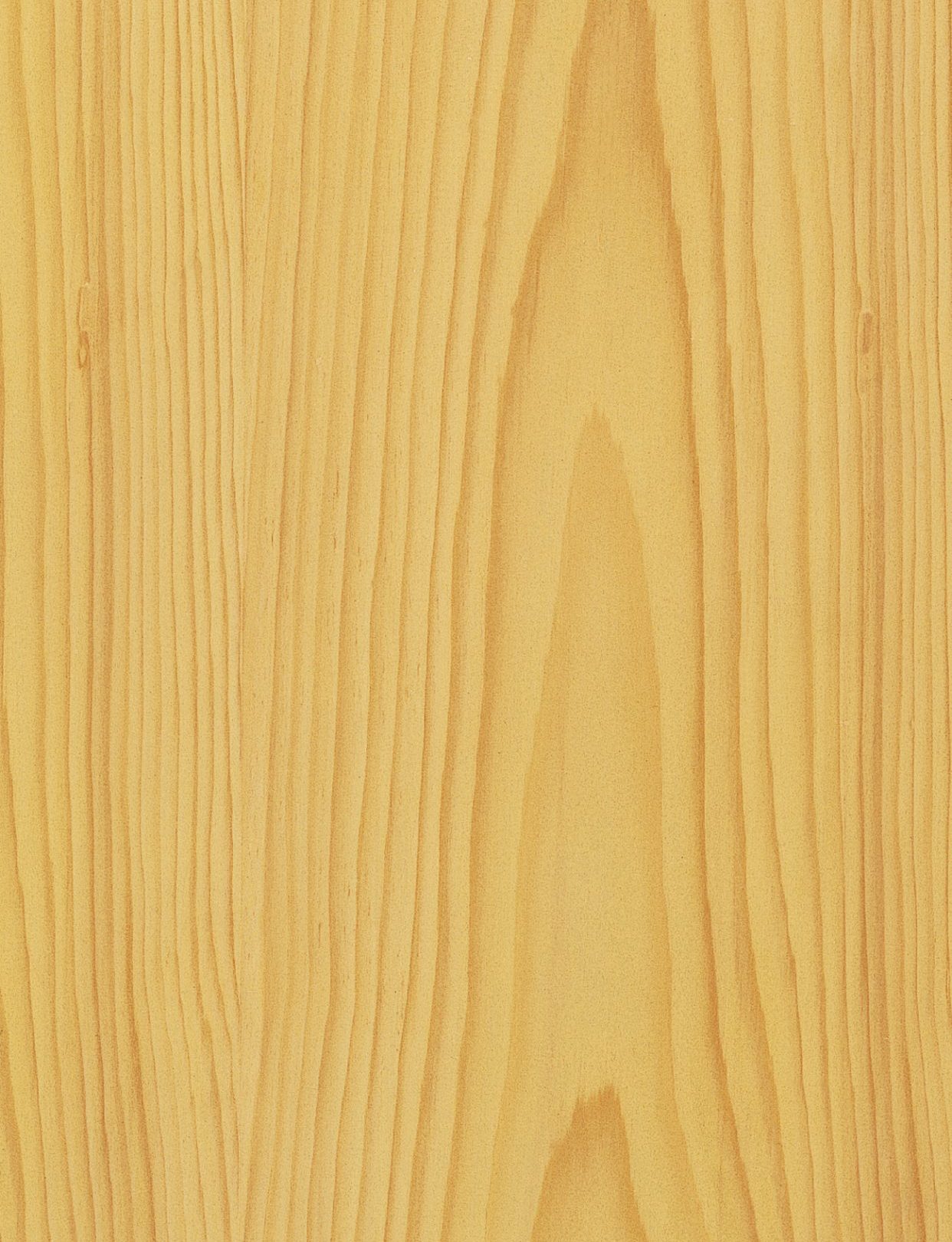
Fir
Abies alba

Trade Names
Silver Fir, Fir
Origin
Central and Southern Europe.
Range
Mostly in the European low mountain ranges. Fir prefers deep and very rich soils. It is difficult to tell Fir wood from that oft the Spruce but unlike Spruce Fir produces no pitch pockets.
Uses
Construction lumber, special wood for musical instruments (sound boards), often used together with spruce in furniture production.
Properties
It is yellowish-white to reddish-white in color with a grey tinge. The Fir stands are much endangered by industrial air pollution, needle and bark louse, animal browsing and clear cutting.
Machining
The machining of Fir is easy and clean with all types of tools. Relatively smooth surfaces can be achieved in comparison with spruce. Moreover, machine parts are not contaminated by resin.
Seasoning
The wood can be dried very quickly but this results in strong checking of heart and surfaces. However, there is significantly less risk of warping.
Finishing
Through the lack of pitch pockets and resin residue on the surface, surface treatment presents no special problem. Fir is suitable for most varnishes, stains and clear finishes.
Jointing
Glue, screw and nail joints are easy to produce and hold well.

